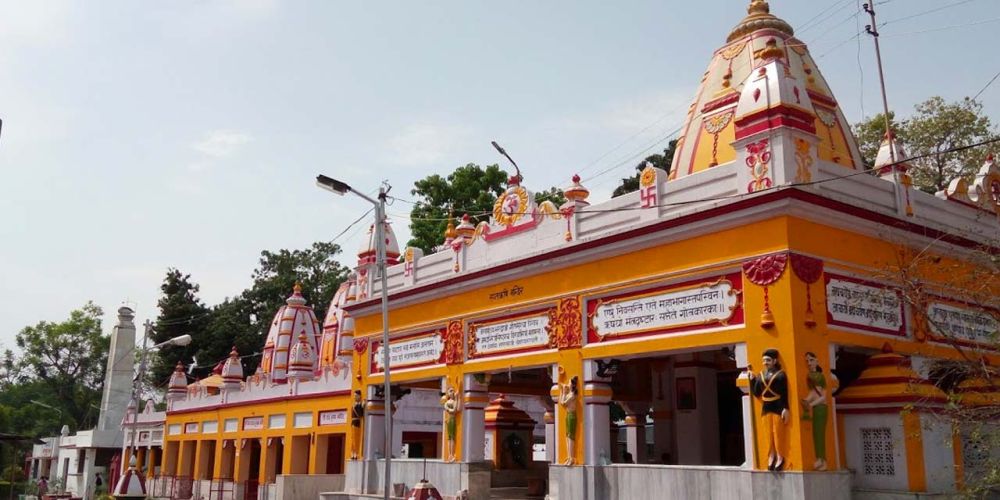

Located in the holy city of Haridwar, Uttarakhand, the Sapt Rishi Ashram holds a significant place in the heart of Hindu mythology and the history of Indian spirituality. The ashram, also known as Sapt Sarovar or Saptarishi Ashram, is nestled on the banks of the Ganges and is said to be as ancient as the city itself.
The name 'Sapt Rishi' is derived from Sanskrit, where 'Sapt' means seven and 'Rishi' means sage. The ashram is named after the seven great sages—Kashyapa, Vashisht, Atri, Vishwamitra, Jamadagni, Bharadwaja, and Gautama—who, according to mythology, are said to have meditated here. The legend narrates that the Ganges, not wishing to disturb their meditation, split herself into seven streams, now known as the Sapt Sarovar.
Tourism at Sapt Rishi Ashram dates back centuries, as it has long been a site for pilgrimage and spiritual learning. Visitors and pilgrims arrive from all corners of the world to pay homage, draw spiritual inspiration, and immerse themselves in the tranquil surroundings. Over time, it has grown into a significant tourist destination for those seeking spiritual enlightenment as well as cultural experiences.
The serene environment of the ashram is complemented by the surrounding lush gardens and the calming sound of the river. Besides exploring the ashram grounds, tourists can engage in yoga, meditation sessions, and religious discourses. The close vicinity to the Ganges also allows for the sacred ritual of taking a dip in the holy river, believed to cleanse one's sins.
In recent years, there has been an emphasis on sustainable and responsible tourism practices in Haridwar. Visitors are encouraged to respect the sanctity of the site and participate in efforts to maintain the purity of the river Ganges. Furthermore, there is a growing trend of wellness tourism, with tourists not only visiting the spiritual centers but also engaging in wellness retreats that offer a holistic experience combining spirituality, yoga, and Ayurveda.
The Sapt Rishi Ashram continues to allure tourists with its mystical charm and spiritual significance. Its history, rooted deeply in the ancient texts and stories of India, makes it a timeless destination that offers peace, knowledge, and a profound connection with the divine.
Visiting this sacred place not only offers a glimpse into the spiritual heritage of India but also allows one to experience the uninterrupted continuity of the ancient tradition of pilgrimage that is as relevant today as it was hundreds of years ago.